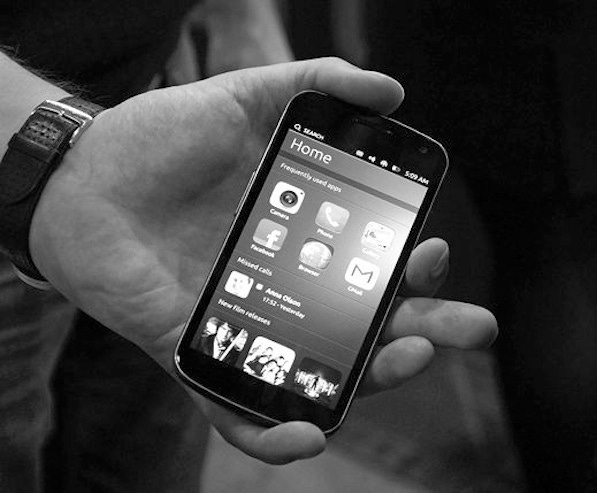Ubuntu is a reasonably successful desktop Linux distribution. But what will it take to make Ubuntu a well-known consumer brand that customers demand on notebooks, tablets and smart phones?
May 25, 2013

Canonical’s long-term Ubuntu strategy remains focused on convergence — a single operating system designed for smartphones, tablets and PCs. But here’s the thing: Can Ubuntu really achieve mass-market consumer success without a proper multi-million-dollar consumer marketing push? Hmmm…
To Canonical’s credit, Ubuntu found its way onto millions of PCs and laptops over the past decade. But much of that success has to do with PC culture: Developers, hackers, power users and even some consumers are willing to migrate their PCs and Macs from one operating system (say, Windows or Mac OS X) to Linux.
Indeed, the PC has mostly been about an “open” experience — where consumers can easily upgrade/change, mix/match the hardware and software they want. Even when Microsoft’s Windows 95 had a near monopoly on the desktop, Linux alternatives emerged.
Now let’s shift our attention to the more recent smartphone and tablet revolutions. Most of those new-generation mobile designs look and feel like closed systems. True geeks know how to swap out a smartphone or tablet operating system. But most consumers and business users would have no idea how to make such a migration — know would they know why they’d want to make such a migration.
Translation: Some folks may install Ubuntu on their own devices, but most users are going to stick with the operating system that comes with the device.
And that brings The VAR Guy back to his core thesis: To truly succeed as a converged operating system, Ubuntu will eventually require mass marketing efforts that require millions of dollars. Google’s current Chrome TV campaign — promoting a single browser experience across PC, tablets and smart phones — comes to mind.
Canonical and Ubuntu founder Mark Shuttleworth has likely spent millions of dollars of his own money making Ubuntu a reasonably successful desktop and server operating system. Does he have the funds (or the commitment from tablet and smart phone makers) to build a consumer brand? Hmmm…
About the Author(s)
You May Also Like


